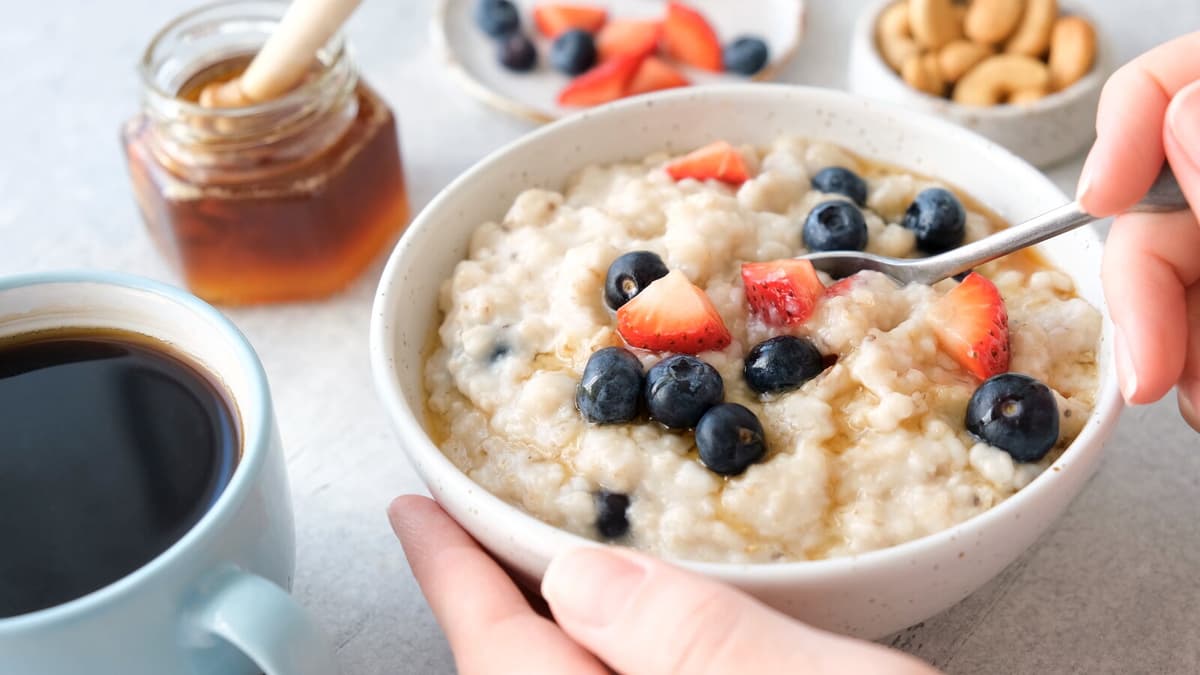The study, with 55 participants, is one of the first to compare diets in such a controlled setup.
The participants, all from England, were divided into two groups. One started by eating a diet that was "minimally processed" for eight weeks. It consisted of, for example, homemade meatball sauce, porridge, fruit, and vegetables. The other group instead received more processed food, such as factory-made lasagna, protein bars, and breakfast cereals.
Switched diet
All food was delivered to the participants' homes free of charge, and both diets were adapted to follow current nutritional and dietary recommendations in the UK. They contained approximately the same amount of, for example, sugar and fat. The participants received no restrictions on how much they should eat and received no restrictions on, for example, alcohol or physical activity.
After the first period, all participants ate as usual for four weeks and then switched and ate according to the other diet for eight weeks.
According to the results, published in Nature Medicine, participants in both groups lost weight regardless of which diet they followed. But when they ate the minimally processed food, they lost more weight. Then they lost an average of 2 percent of their weight compared to 1 percent with the ultra-processed diet.
Less craving
The researchers believe that the participants lost weight regardless of diet because both diet options in the study offered healthier food than the participants' normal choices, but that they ate fewer calories during the period with less processed food. The participants also reported that they had less craving for food and snacks during the period with less processed food.
On the other hand, the researchers could not see any difference in, for example, blood pressure, glucose, and blood lipids in the participants between the diets.
Not all ultra-processed food is automatically unhealthy, it depends on the content. But it's interesting that both alternatives led to weight loss, but that it was twice as large with the minimally processed diet, says Samuel Dicken, associate professor at University College London and the study's lead author, at a press conference.
Advertisement
Ultra-processed food usually refers to a classification based on a system called Nova.
According to Nova, ultra-processed food includes, among other things, food that has been highly processed and industrially produced, as well as food that contains ingredients not used in home cooking.
Ingredients not used in home cooking are usually various additives, such as substances used for color or flavor.
Examples of food that, according to Nova, are considered ultra-processed include ice cream, soda, candy, and chocolate, but also sausage and cured meat are considered ultra-processed. French fries and chips are other examples.
Fact: National Food Agency






